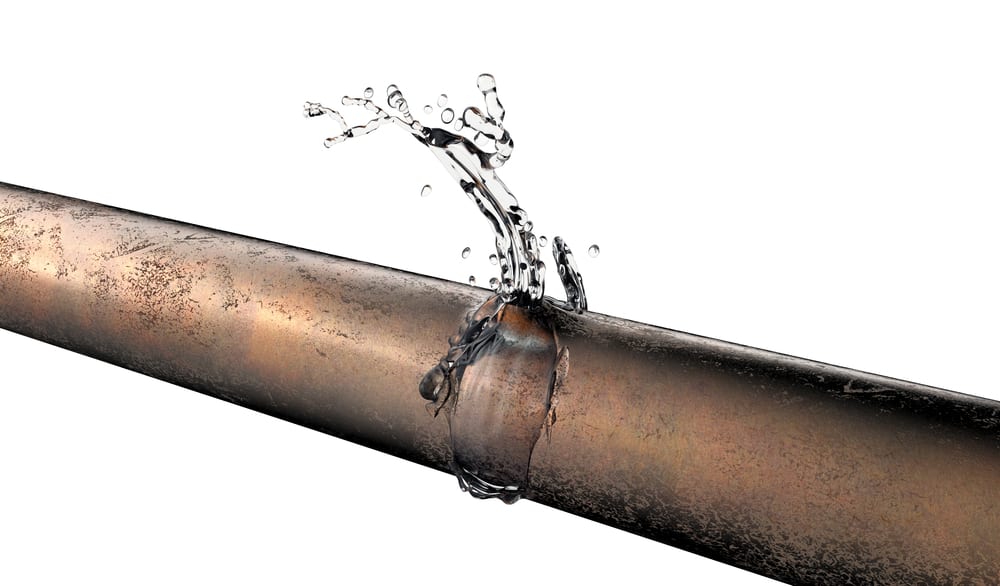If the main water line to your house is leaking, it can cause serious damage to your property and increase your water bill. It’s important to act fast to prevent further problems. Knowing how to spot a leak, what steps to take, and who to contact can save you time, money, and stress.
What Is a Main Water Line?
The main water line connects your house to the city’s water supply. It usually runs underground from the street to your home. engineers to locate water mains leaks are often needed when leaks occur, which can happen due to old or damaged pipes, shifting soil, tree roots, or even high-water pressure.
How to Tell If There’s a Leak
Look out for these common signs of a main water line leak:
- High water bills without extra usage.
- Water pooling in your basement or on your property
- Low water pressure throughout your house.
- Discolored water, which may appear rusty or dirty.
- Unusual sounds, like water running when taps are off.
What to Do Immediately
If you think there’s a leak, take these steps right away:
- Shut off the water supply. Locate the main shut-off valve and turn it off to stop water flow.
- Call your local water utility company. In places like Seattle, you can reach them at 206-684-2489. They may inspect and assist with repairs if the issue is on their side.
- Contact a licensed plumber. A professional can find the leak and repair the damage. Make sure the plumber is certified, experienced, and available for emergency service.
Who Is Responsible?
In most cases, homeowners are responsible for the water line from their property to the city connection. The city typically handles the water meter and lines in the street.
How to Find the Leak
You can try these methods to locate the leak:
- Walk around your property looking for soggy areas.
- Listen for running water near walls or under the floor.
- Use food coloring in the water line and see where it shows up.
- If unsure, hire a plumber with special tools to detect leaks.
Repair Options
Repairs depend on the pipe type and the extent of the leak. Options include:
- Clamps or patches for small leaks.
- Pipe replacement for damaged sections.
- Trenchless repair, which avoids digging up your yard.
Common pipe materials are copper, PEX, PVC, and galvanized steel. Your plumber will suggest the best solution.
Preventing Future Leaks
To avoid leaks later on:
- Get regular plumbing inspections.
- Replace old or corroded pipes.
- Keep water pressure in check.
- Upgrade to modern materials if needed.
Costs and Insurance
Small repairs might cost $100–$500, while major work can go up to $5,000. Check your home insurance or warranty plan to see if repairs are covered. Some plumbing companies also offer payment plans.
Fixing a main water line leak quickly helps protect your home and prevents bigger problems down the road. Acting early makes all the difference.












